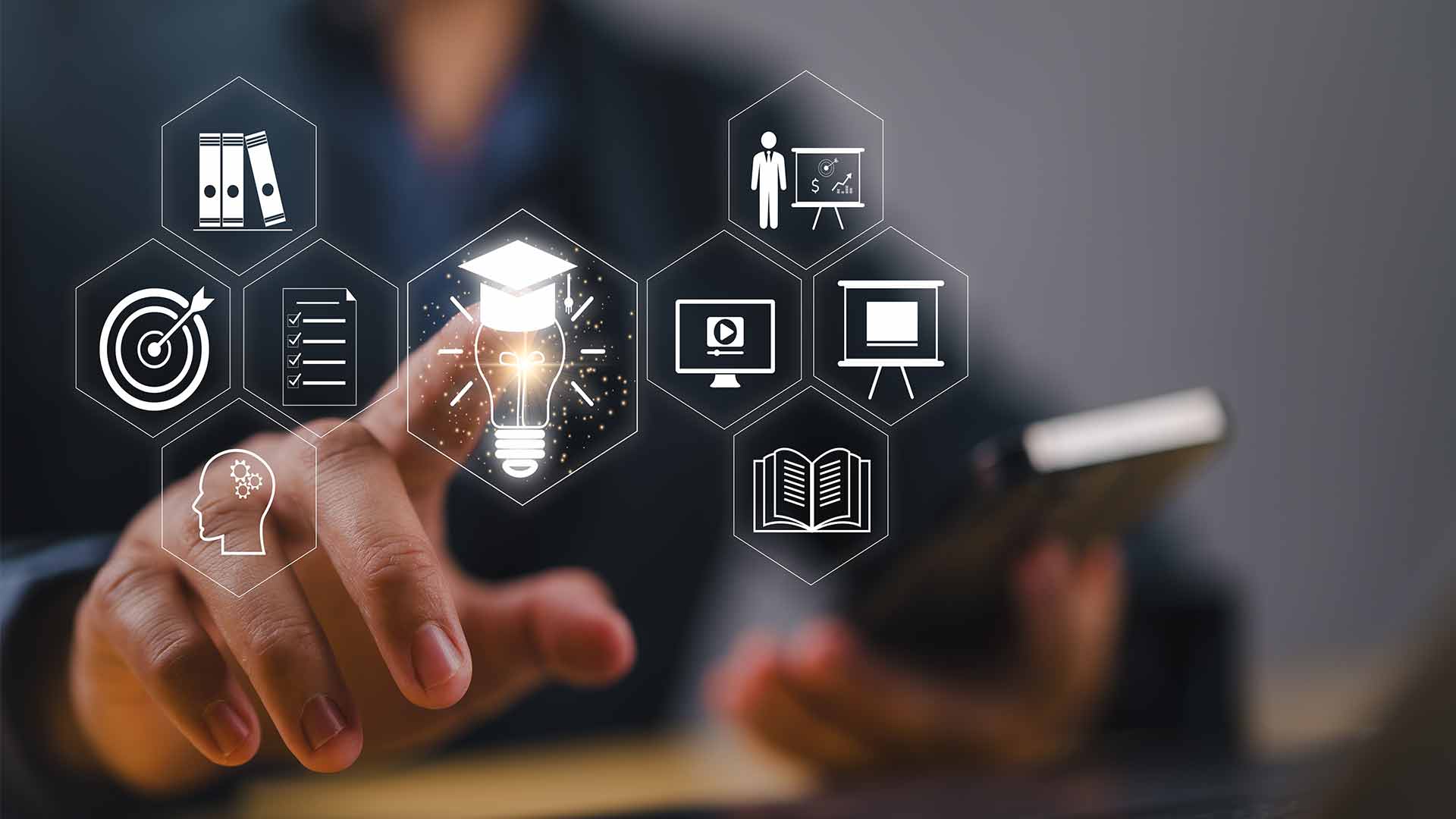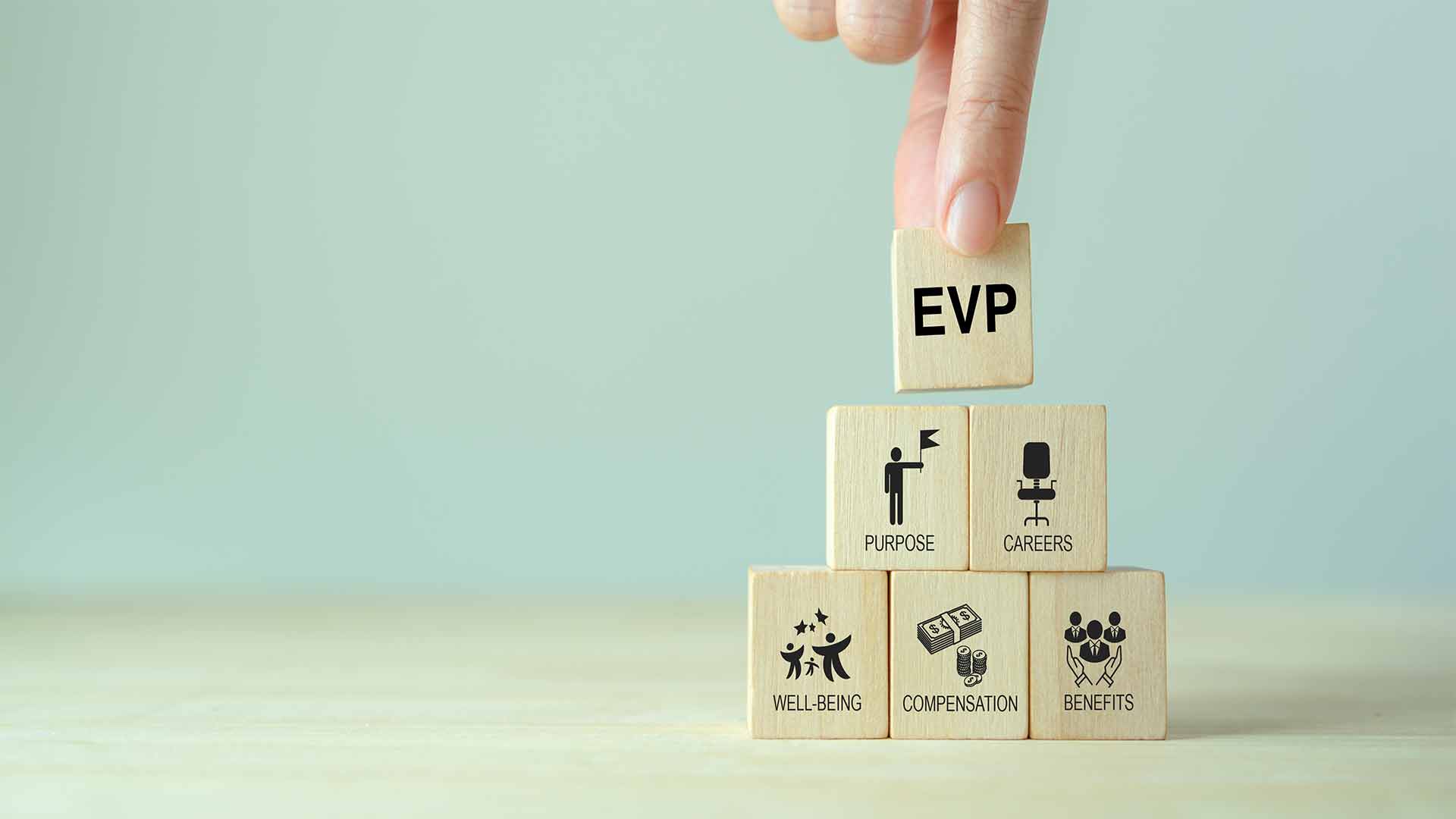How to Prepare, Implement, and Evaluate Performance Objectives Successfully
Performance objectives are set goals an organization employs so that its employees can maintain their momentum and outperform the tasks. It motivates the individuals and the teams to yield higher outcomes by improving their overall performance. Do you want to know more about performance objectives, and how it is prepared, implemented, and properly evaluated in an organization? You’re in the right spot-just keep going and read on!











